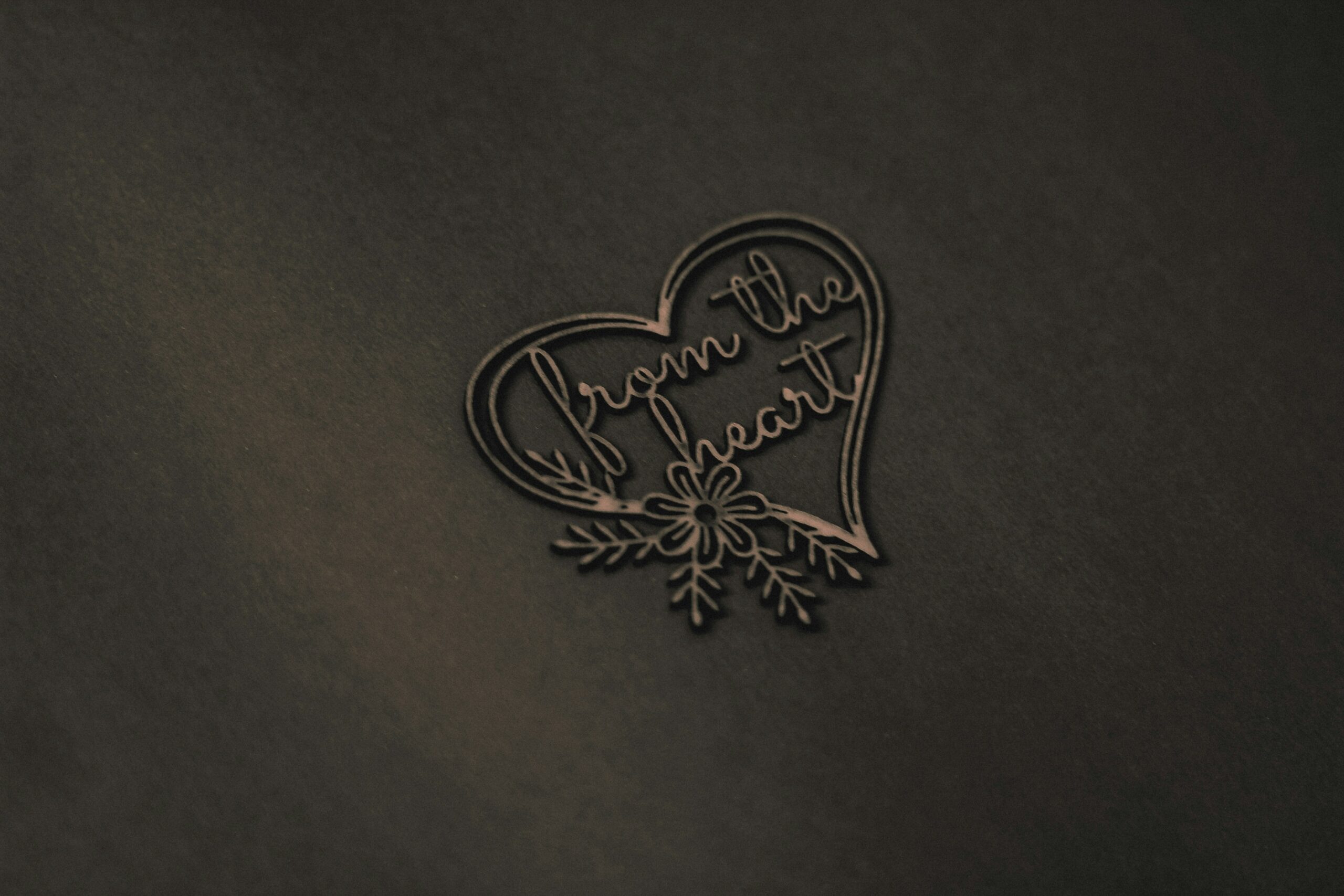In times of waiting we are often at our most incomplete when we have chosen to forsake our grasp on the present, instead preferring to fix our focus on those desires which we cannot immediately access or have granted. In that state we have chosen to brood over uncertainty — we are consciously waiting; we are intimately acquainted with the absence of the fulfilment of our desires. Often, waiting is not a choice. Often, waiting is something enforced on those most ready and those most willing. And one must contemplate that despite the short length of our earthly years (James 4:14 – For what is your life? It is even a vapour that appears for a little time and then vanishes away.) our God has so formed reality that in our subjection to time, even more so has He made us subjects to the inevitable process of waiting. Our God, perfect in knowledge and ever-existent in nature (Psalm 139), has surely seen it fitting that in our human experience we might be subject to time. Inasmuch that He hung the stars in their place, shaped the peaks and carved the valleys of the earth, so too he set the time. Thus, knowing that our act of waiting is not simply punishment nor a means to delay a sense of greater satisfaction, but is to be treated as an intrinsic aspect of our soul’s earthly experience, how then do we behave? Is it still so that in the flesh we await more eagerly for that which rusts and perishes (Matt 6:19-21) than that which in the spirit every soul, whether saved or perishing, yearns most for: to be conformed to the image of our perfect, glorious saviour, Jesus Christ, and the waiting in eager anticipation which precedes (Phil 3:20-21). Whether in this way or in that, yet we wait. Whether with joy or with frustration, yet we wait. Whether in faith or the absence of, yet we wait. But to this we answer with the fruit of a holy patience, given us by the Holy Spirit (Gal 5:22-23). To the advent of waiting, we engage with a loving Father, and, reminded of our heavenly citizenship, we crucify the flesh, fixing our minds on that which is eternal. When waiting, made aware of the absence of one thing, may we not forget the presence of another: that the spirit of our God dwells within us — the temple of His Holy Spirit — illuminating our paths and guiding us abreast, all in His long-suffering, kind, benevolent and enduring love (1 Cor 3:16; 13:4-6). May we possess a rich awareness of the regenerative power of the gospel. In waiting may we contemplate on the glory of our Saviour, considering the wondrous magnitude of His works, and, inasmuch as we desire to serve it, may the gospel serve to remind us in our most 1 testing times of patience that we are to dutifully seek first the Kingdom of God and His righteousness before attending to the worries of the world. With that is left this beautiful poem by 17th Century poet, John Donne, Wilt Thou Love God, As He Thee! Then Digest:
Wilt thou love God, as he thee!
Then digest, My soule, this wholsome meditation,
How God the Spirit, by Angels waited on In heaven, doth make his Temple in thy breast.
The Father having begot a Sonne most blest, And still begetting, (for he ne’r begonne)
Hath deign’d to chuse thee by adoption, Coheire t’ his glory, and Sabbath’s endlesse rest.
And as a robb’d man, which by search doth finde His stol’n stuff sold, must lose or buy ‘t againe:
The Sonne of glory came downe, and was slain, Us whom he’d made, and Satan stol’n, to unbinde.
‘Twas much, that man was made like God before,
But, that God should be made like man, much more.
By Jordan Bell


